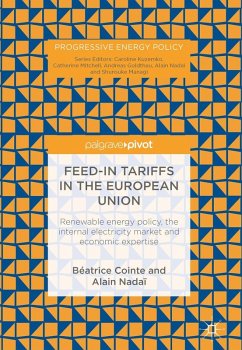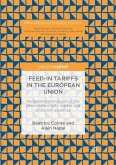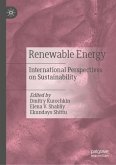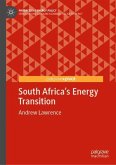This book is a sociological account of the historical trajectory of feed-in tariffs (FITs) as an instrument for the promotion of renewable energy in Europe. Chapters analyse the emergence and transformations of feed-in tariffs as part of the policy arsenal developed to encourage the creation of markets for RES-E in Europe. The authors explore evolving conceptions of renewable energy policy at the intersection between environmental objectives, technological change and the ambition to liberalise the internal electricity market. They draw conclusions on the relationships between markets and policy-making as it is instituted in the European Union, and on the interplay between the implementation of a European vision on energy and national politics. Distinctive in both its approach and its methods the books aim is not to discuss the design of feed-in tariffs and their evolution, nor is it to assess their efficiency or fairness. Instead, the authors seek to understand what makes feed-intariffs what they are, and how this has changed over time.
Bitte wählen Sie Ihr Anliegen aus.
Rechnungen
Retourenschein anfordern
Bestellstatus
Storno









